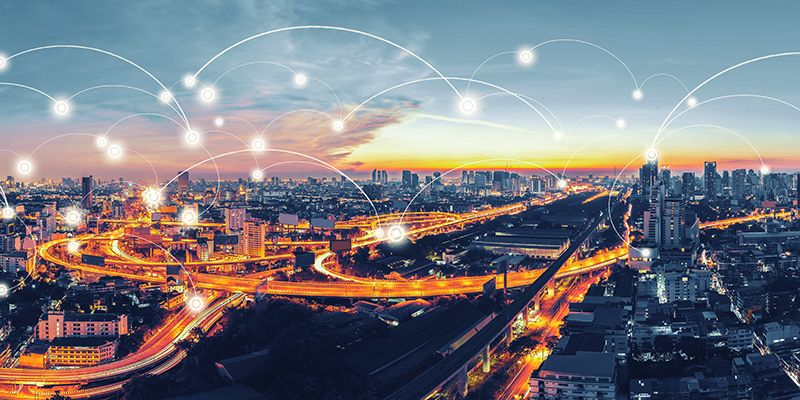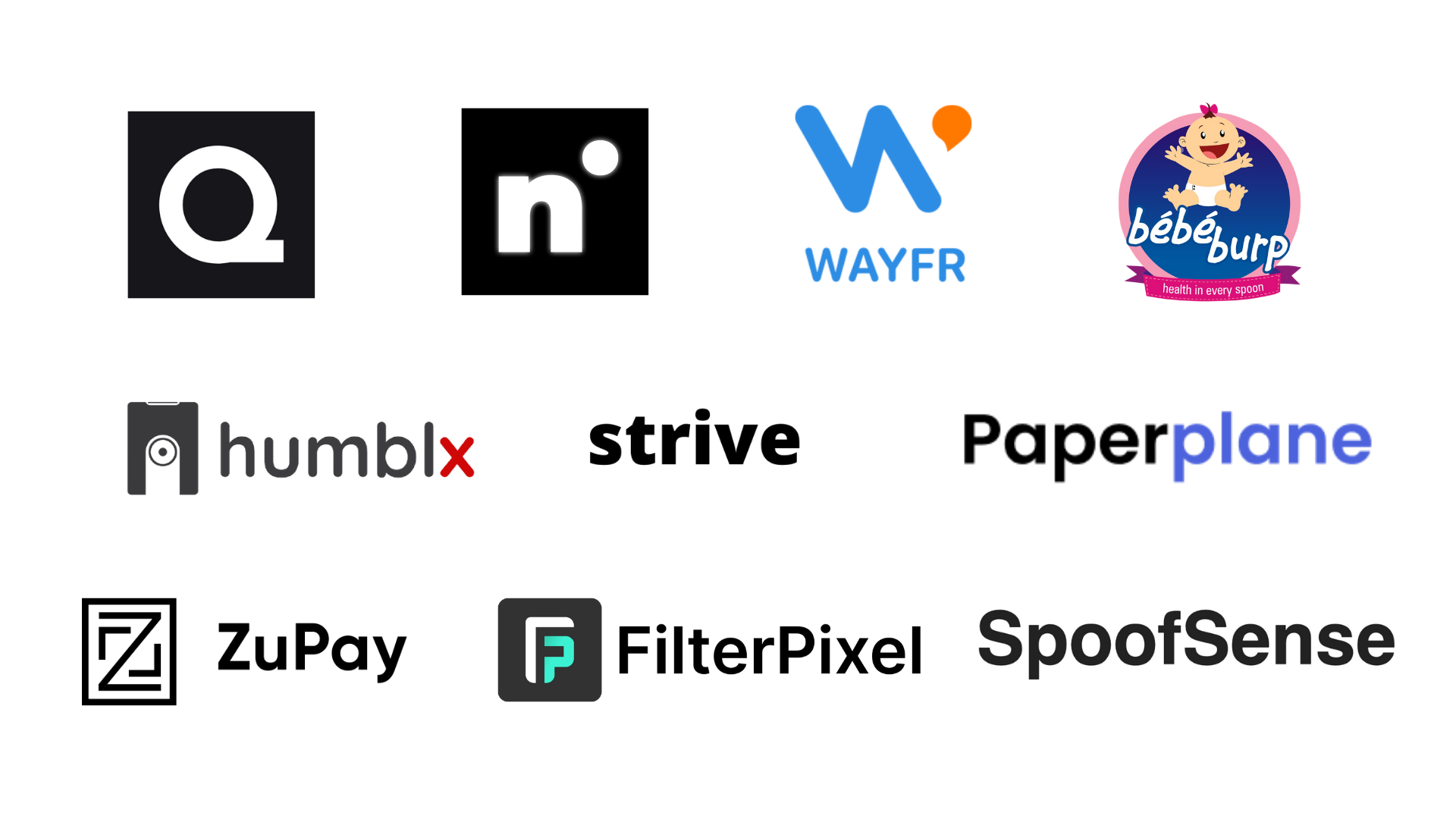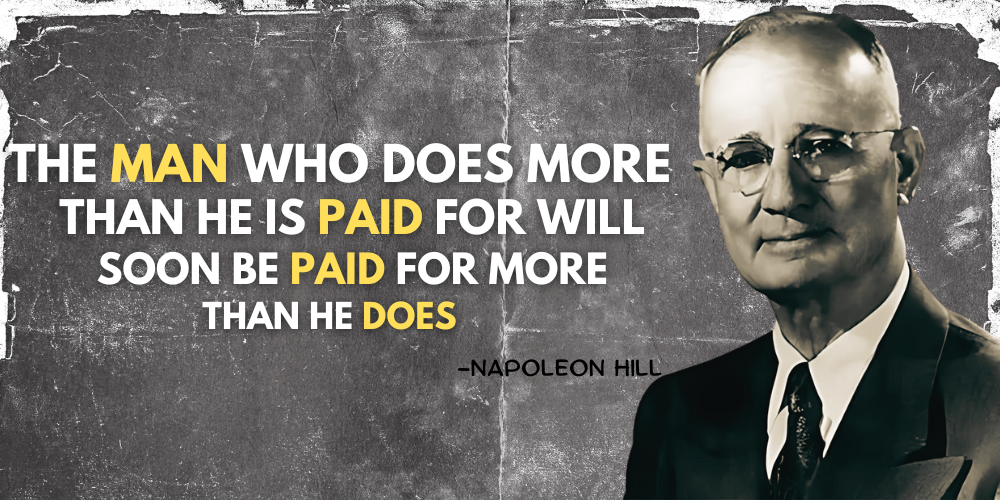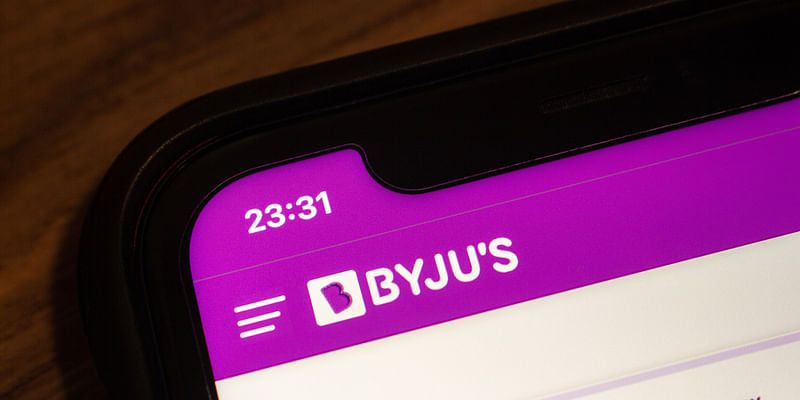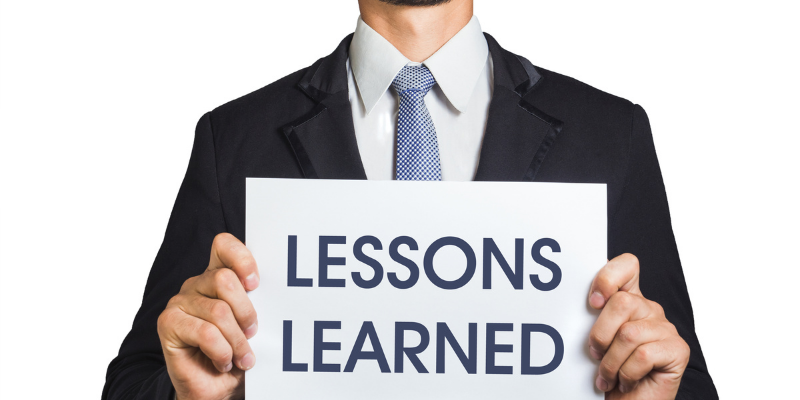The future of mobility: tech and the city of tomorrow
Today, 54 percent of the world’s population lives in urban areas, and this is expected to rise to 75 percent by 2050. A recent United Nations report projects that urbanisation, combined with population growth, is likely to add another 2.5 billion to urban populations by 2050, with close to 90 percent of the increase concentrated in Asia and Africa. The world is also seeing increasing number of megacities with populations over the 10 million mark. While Tokyo remains the world’s largest city with 38 million inhabitants, Delhi isn’t too far behind with 25 million residents.
With a population of 1.25 billion, India’s economic activities are centred primarily on six large and 10 mid-sized cities. Every minute, 25-30 people are migrating to major Indian cities from rural areas in search of better livelihood or lifestyles. With this momentum, about 843 million people will live in cities by 2050. As urban populations surge and megacities expand, it is important to look for new mobility solutions.
While the kind of future envisioned by comics and movies in the past, may not have arrived – namely silver bodysuits and personal spaceships –. there has, however, been a seismic shift in conveniences and mobility ushered in through technology. A decade ago, we were largely using our mobiles for calls and texting. Today, they’re our pocket-sized banks, concierges, libraries, diagnostic centres and much, much more.

The consequences of new technologies, of course, are hard to predict. But we know that given the current trajectory of technology, the possibilities are both inspiring and expansive. Ubiquitous connectivity, sensors, location-based services, social networks, machine learning and Big Data will have an even more profound impact on cities than they do today. Such a combination of technology pushes cities to operate more efficiently, adapt more rapidly, build a better sense of community, and extend people a greater sense of personalisation.
Here’s a look at technologies today, that hold the key to a better tomorrow.
Zippr, a location-based services startup solves the problem of explaining complex addresses by creating a new simple standard for individuals and businesses. It fundamentally transforms how locations are referenced, shared and found by replacing the traditional door number with an innovative 8-character digital address format. The Indian government is implementing the startup’s patent-pending road-based encoding technology across the country through a closed-loop ecosystem.
As we move into the era of IoT, sensors will be more pervasive, and machine learning and Big Data from cities will help in better prediction and analysis of people and vehicular movement, resulting in better management of the same. The billion Google Maps users on the road act as sensors for the app, which make the service as precise as possible will only improve as Machine Learning keeps
The largest public spaces in any city are its streets. So, re-evaluating how they’re designed will go a long way in ensuring they are inclusive — effectively serving personal or commercial vehicles, public transit users, cyclists, pedestrians and the differently abled. CitySwipe is an app to help urban planners crowd-source urban planning decisions. The app works like Tinder - essentially presenting users with images of potential scenarios. E.g.: Pictures of different options for paving a street - asphalt and macadam, concrete or cobble – and users swipe left or right for their choices.
How we combine our knowledge about a city’s geography with how people, goods, and services move through it, is a crucial factor in improving mobility. We see a future where data will not only help transit operators determine the best routes to run more efficiently, but also to empower commuters with a multitude of options. Commuters will have a variety of transportation apps that include public transit, parking lots, biking and walking routes, and services for sharing rides, cars and bikes that will empower them with mobility options.
To make mobility easier than ever before, Ford Motor Company has invested in Zoomcar, India’s leading car rental company. Zoomcar provides for consumers who choose not to own a vehicle. Based out of Bangalore – Zoomcar is helping residents of 25 cities through an easy car rental process.
Our infrastructure will be smarter
The future will not just be about building physical highways, but also information highways that enable new forms of mobility. Cities will turn to IoT technologies to be energy- and cost- efficient. From smart street lights that alert the municipality on their expiry dates to IoT waste bins that drive efficiencies in waste management - data will make cities more analysable and enable a more efficient and cost-effective delivery of public services. Some cities in India have taken the lead and already upgraded to connected street lighting. One example is Naya Raipur, the new capital of Chhattisgarh. This city has one of the world’s most modern connected lighting infrastructure that is monitored remotely from the office of the city engineer.
The differently enabled will be able to navigate our cities better in the future. In one inspiring example, Microsoft has released Seeing AI — a smartphone app that uses computer vision to describe the world to the visually impaired. With the app, users can point their phone’s camera at a person and it’ll say who they are, and how they’re feeling. They can also point it at a product and it’ll tell them what it is. All of this is done using artificial intelligence that runs locally on their phone.
Ford has also been focusing on developing innovative and sustainable solutions for future mobility. In Indore, one of India’s 15 largest cities, road safety issues are of particular concern: In 2015, Indore recorded 5,873 road accidents, ranking it fourth in India behind Mumbai, Delhi, and Chennai. To help local authorities and residents find new ways to improve road safety in Indore, Ford called on software developers to provide solutions that help pedestrians, bicyclists and motor vehicle drivers share the road safely. The challenge was successful and brought forward a range of innovative solutions for real time assistance on traffic, parking, and even ways to share information on upcoming potholes to drivers.
Smart Cities Wheel is a startup helping urban planners design more efficient cities with the use of AI. They are also developing future predictions for city performance, for which they are using predictive AI algorithm training through data visualisation sets. Based on these, city stakeholders will be able to take the necessary calls to action. They will be able to figure out where the city is not performing smartly and what can be done to address that.
Cities are heavily dependent on their sources of energy and natural resources; and finding and addressing disruptions will help cities immensely in times of crises. We Do Sky, a Delhi-based startup has developed a platform that could process raw aerial images captured by drones to generate data that industry and governments could put into use – for example – to curb using up valuable circuit outage time for say, fault finding during a power line breakage.
Get My Parking is a startup working to transform urban parking by creating a complete smart parking ecosystem. Using the app, the driver gets real-time visibility and information about parking at the destination including the time needed to park the car at the indicated spot.
Technology in every sense should be a democratic concept that helps the socially disadvantaged by enhancing the overall liveability of a city. As we look to the future, it’s clear that just as challenges arise because of people – it is people who will provide solutions. We also know that innovation cannot thrive in isolation, collaboration is key to developing better cities of tomorrow – that are greener, less congested and improve how we live.







